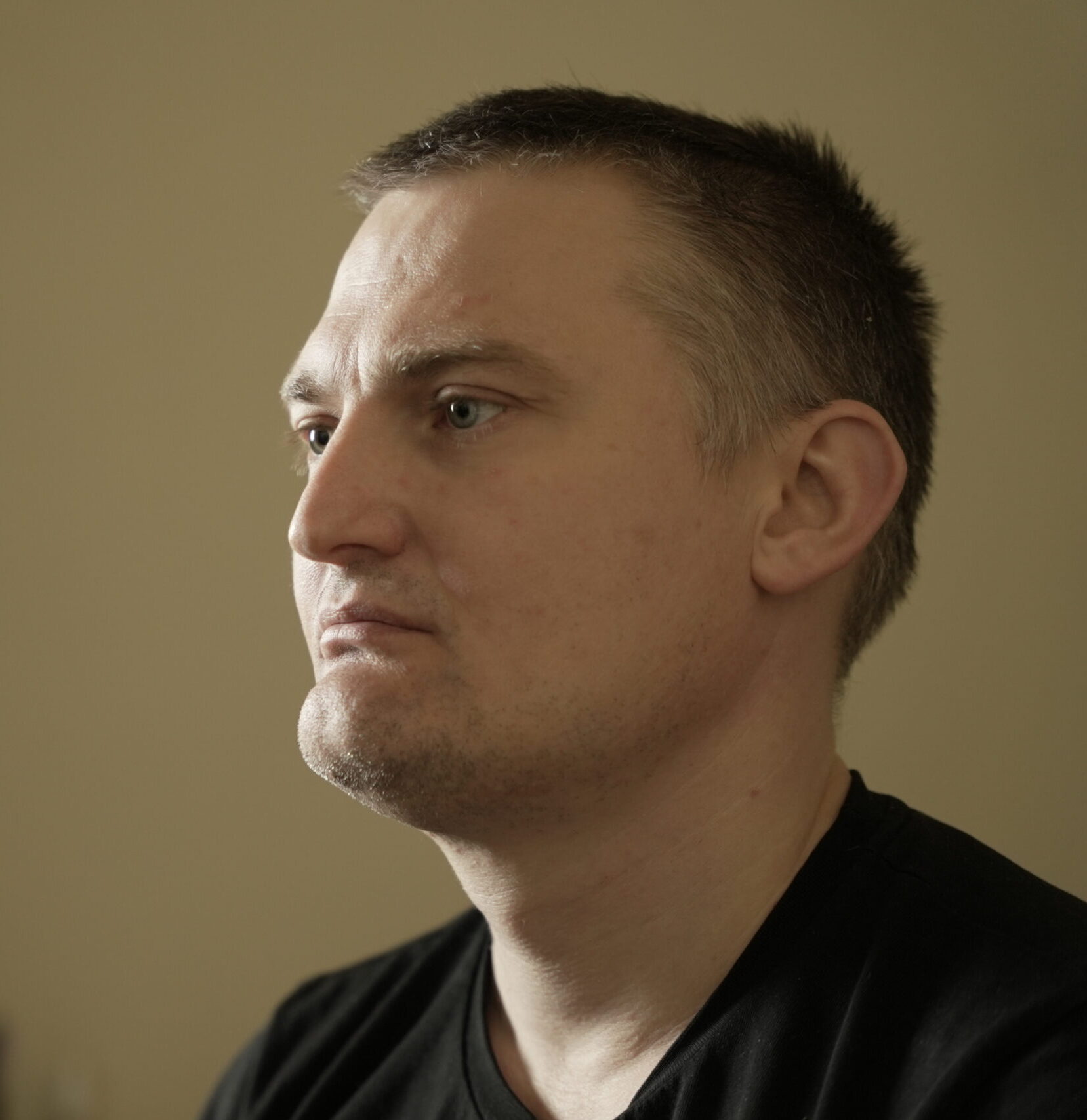The Clooney Foundation for Justice’s TrialWatch initiative monitored the trial in Russia of Mikhail Benyash, a human rights lawyer who was convicted of assaulting police officers.
Mr. Benyash, who frequently represents protesters, was arrested prior to a protest at which he planned to offer legal services. He alleges that the arresting officers beat him, resulting in significant injuries—and yet he was subsequently charged with attacking those very same officers. Despite fundamental inconsistencies and weaknesses in the case against Mr. Benyash—including the presentation of testimony by witnesses who were subsequently shown to have perjured themselves—Mr. Benyash was convicted and now faces the potential loss of his law license as a result. A Fairness Report released today finds that the proceedings entailed numerous violations of Mr. Benyash’s fair trial rights and constituted an abuse of process.
This trial took place against the backdrop of a crackdown on protests and civil society organizations in Russia. It also reflects an insidious pattern of targeting of lawyers, including through trials and convictions that result in loss of their law licenses. Without legal assistance, protesters are likely to face even greater harassment in the exercise of their right to peaceful assembly.
“Russia must ensure that lawyers—including those defending peaceful protestors—are permitted to perform their functions free of harassment. The courts should not be weaponized against those who are themselves protecting the fair trial rights of vulnerable individuals targeted by the authorities,” said Amal Clooney, co-President of the Clooney Foundation for Justice.
The Clooney Foundation for Justice calls on Russia to quash Mr. Benyash’s conviction or for the courts to reverse it and acquit him on appeal following the appeal hearing set for July 8.
Background
The TrialWatch Fairness Report, co-authored by experts at Hughes Hubbard & Reed LLP and Human Rights Embassy, finds that “Mr. Benyash’s trial entailed severe abuse of his fair trial rights, his right to liberty and security of person, and his right to be free from inhuman or degrading treatment.”
Mr. Benyash testified that he was arrested by two police officers who did not identify themselves. After an altercation in the unmarked car in which he was transported to the police station—sparked by Mr. Benyash’s fear that he was being kidnapped—he was thrown to the ground with his hands cuffed behind him, causing injuries. Later at the police station, Mr. Benyash alleges that one of the arresting officers struck him several times on the face and knocked him off his chair, causing him to hit his head on a safe. As the report notes, “medical records [confirmed that] Mr. Benyash suffered serious injuries, including hearing loss and internal hemorrhage” and Mr. Benyash’s account of his arrest was corroborated by Irina Barkhatova, one of Mr. Benyash’s clients with whom he was walking at the time of his arrest (and who was likewise subject to prosecution for an administrative offense).
By contrast, the prosecution alleged that Mr. Benyash had inflicted the injuries on himself—despite the fact that city employees whose testimony the prosecution presented to corroborate this allegation were shown by video and administrative arrest record evidence to have been at another location at the time of Mr. Benyash’s arrest. The prosecution also alleged that Mr. Benyash had hit one arresting officer in the head and bit the other one, despite the fact that the arresting officers’ initial report did not describe anything of the sort and that the initial medical examination of the officers found no such injuries.
As the Fairness Report concludes, “[a] reasonable review of the absurdities and inconsistencies in the prosecution’s case should have spurred the prosecution of the police officers, not Mr. Benyash.”
The Fairness Report further finds that the court violated numerous fair trial rights and that Mr. Benyash’s prosecution and conviction constituted an abuse of process, including because:
- Mr. Benyash was repeatedly deprived of his liberty on spurious grounds, including ostensibly in order to clarify his health status;
- The court did not permit Mr. Benyash to call the investigator who interrogated both Mr. Benyash and the arresting officers immediately following Mr. Benyash’s arrest, despite the clear relevance of this testimony;
- The court limited the ability of the defense to cross-examine the arresting officers and other prosecution witnesses, even intervening to help witnesses formulate their answers;
- The court “contravened the guarantee of judicial impartiality” in consistently ruling to the defense’s disadvantage and “evinced bias through [the judge’s] contemptuous remarks to the defense”;
- In its judgment, the court resolved all questions in the prosecution’s favor, effectively shifting the burden of proof to the defense, “a stark violation of Mr. Benyash’s right to be presumed innocent”; and
- “[T]he proceedings against Mr. Benyash were a means of intimidating and punishing him for his work as a human rights lawyer and activist.”
Further, despite repeated complaints regarding the abuse Mr. Benyash suffered at the hands of the arresting officers, the authorities have yet to open any investigation into the incident.
For a full legal analysis of the trial and explanation of the grade that has been provided, please see here.
View in Russian (русский).
View Fairness Report Executive Summary in Russian (русский).
